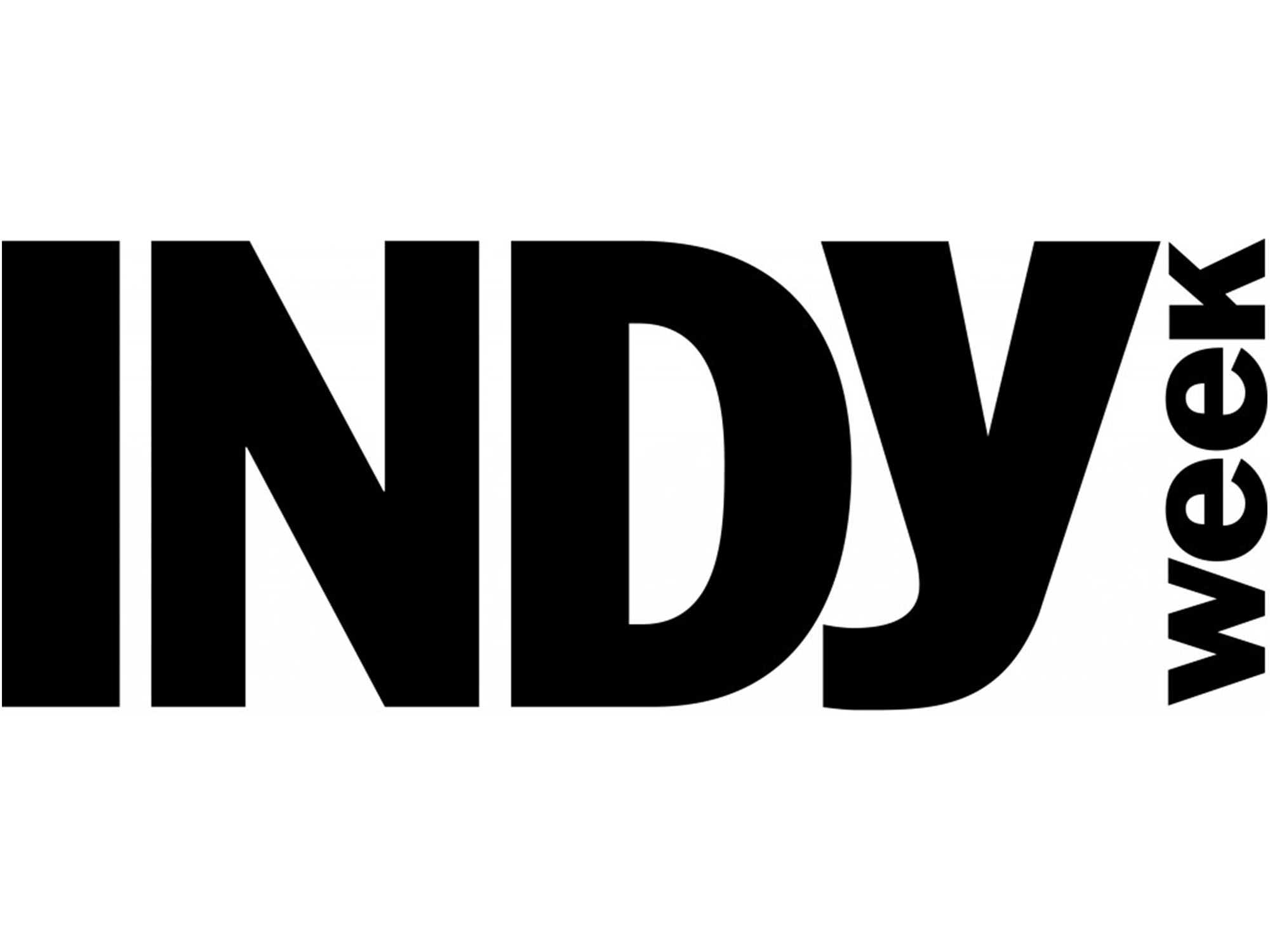Leo Williams leaned back in his chair, a hand over his eyes.
Jillian Johnson, his colleague on the Durham City Council, had just introduced a resolution to censure their council colleague Monique Holsey-Hyman over allegations that she improperly used city staff’s time to work on her fall election campaign.
“We didn’t really discuss who was going to introduce it, so I will step up and do it,” Johnson said near the end of a contentious March 23 work session. The move came after Mayor Elaine O’Neal read a letter revealing allegations of corruption against an unnamed council member (identified also as Holsey-Hyman, four days later) at the beginning of the meeting.
All of the council members seemed tired.
Maybe they were worn down following the shooting of three teenagers the day before. Maybe it was the brewing debate over the controversial SCAD proposal. But no one, current mayoral candidate Williams included, was having an easy time.
“As you disrespect us, we have a right to come up here and disrespect you as well,” James Chavis, a public speaker, said to the council from the chamber’s floor. It wasn’t the only public comment in that vein. Sign up for INDY newsletters
The best of INDY Week’s fiercely independent journalism about the Triangle delivered straight to your inbox.
Holsey-Hyman, on the verge of tears, defended her record. Williams said he was confused about whether they were debating the facts of the case against Holsey-Hyman or just the resolution to censure her. O’Neal spoke like a stern parent, chastising an unnamed council member for allegedly using her signature without permission—a reference to Johnson that foreshadowed a preoccupation from the mayor that would reemerge in the summer. (Johnson said later that she had merely included a blank line for O’Neal to sign if the resolution passed.)
Council member DeDreana Freeman, also a mayoral candidate, and mayor pro tem Mark-Anthony Middleton exchanged barbs, with Freeman saying she was “angry and disgusted.” She blamed sexism for the way her colleagues dismissed Holsey-Hyman’s explanations.
“As one of the two men on this board: What? What does that even mean,” Middleton retorted, giving Freeman an exaggerated side-eye.
“Stop being a bully,” Freeman replied off mic.
Then came the real fireworks.
WRAL cameras caught audio of Freeman launching a profanity-laced verbal tirade at Middleton after the meeting adjourned. Two eyewitnesses told the INDY that Freeman also took a swing at him, missed, and hit Williams and O’Neal, though a local pastor said no punches were thrown.
The day’s embarrassing events are the most dramatic evidence of the tension, conflict, personal disdain, and conspiracy theories that have been roiling Durham politics for at least the past four years.
Amid a world historic pandemic and a national racial reckoning, O’Neal, Williams, Middleton, and Freeman won their elections in 2021 with broad public support to shift Durham’s response to a spike in murders and an ever-deepening housing crisis.
Less than two years later, community trust is in tatters and confidence in the council is flailing.
Despite marquee achievements like expanding an unarmed first response team and introducing a $10 million fund to improve Fayetteville Street, this council’s tenure is best known for scandal.
Durham politics has become a morass of bitterness and resentment. Policy discussions are rancorous, government staff are often left confused, and much of the voting public seems disoriented and dispirited. Many worry the results will harm the city’s reputation, give investors second thoughts, and scare away potential public servants.
“You couldn’t pay me enough to run for office right now,” former council member Charlie Reece tweeted about the environment in March.
“I’m going to go public about seeking therapy, because I saw what it did to me as a person,” Williams tells the INDY. “I saw what it did to me and my family.”
As the city heads into municipal election this fall, the INDY is launching a four-part investigation into what brought Durham to this point, how it’s impacting local government responses to the pressing issues of crime and gentrification, and what comes next.
Read the rest at Indy Week.
